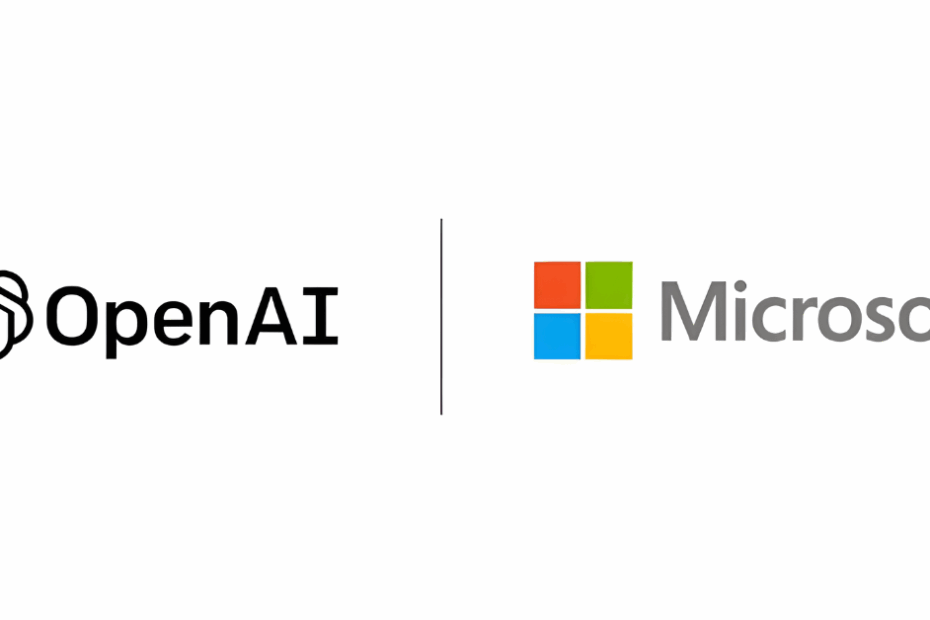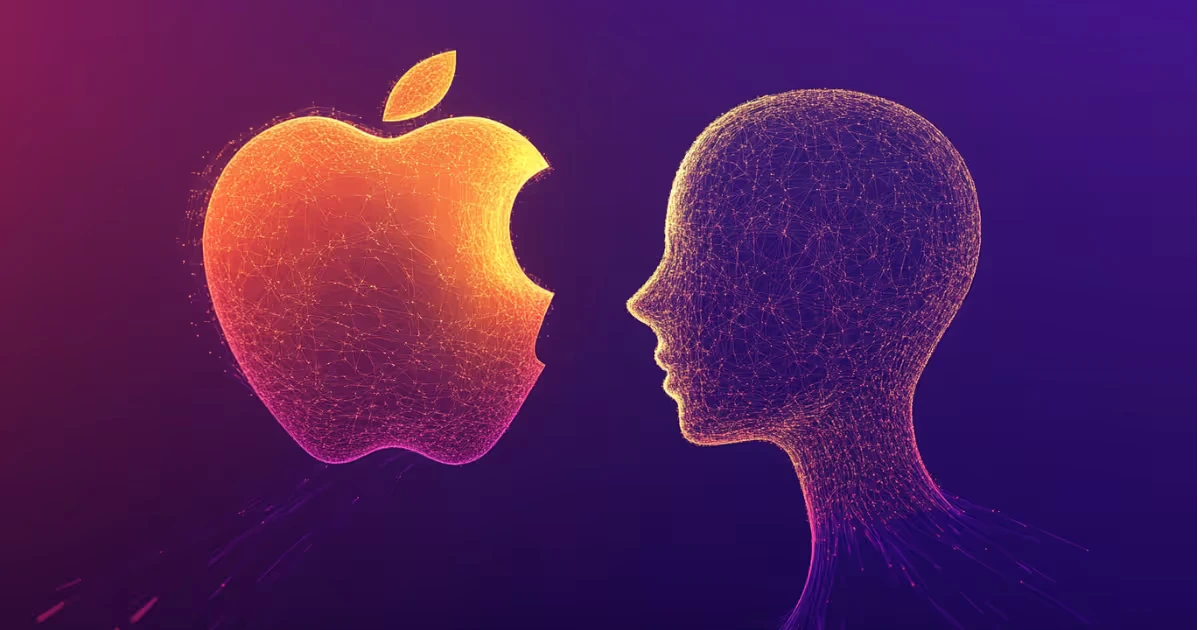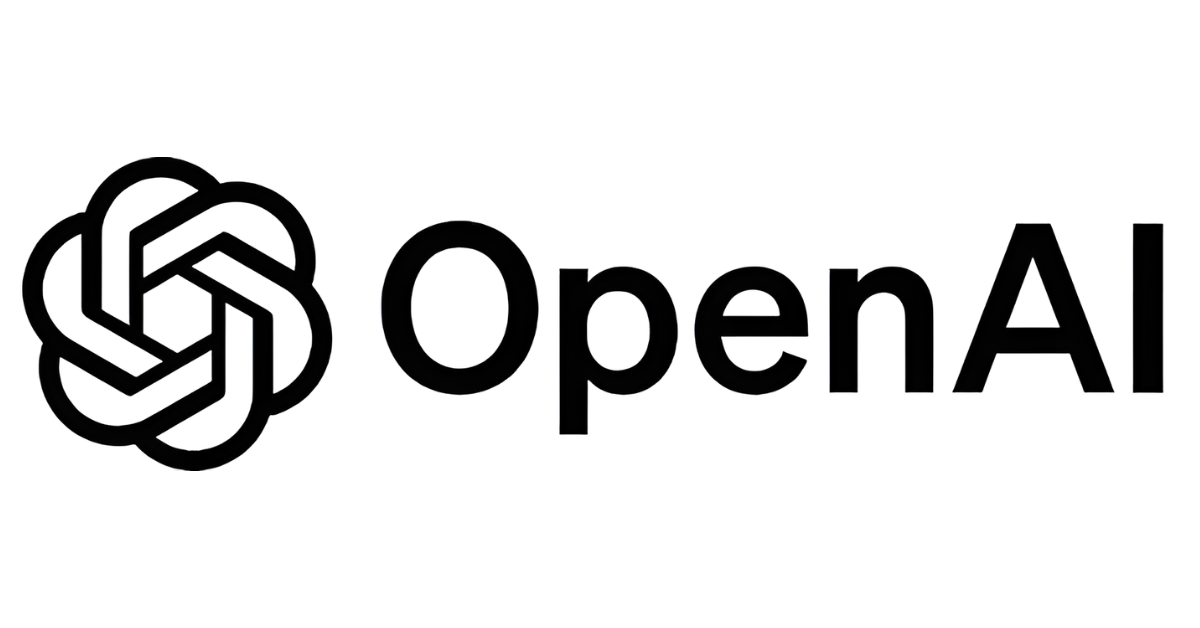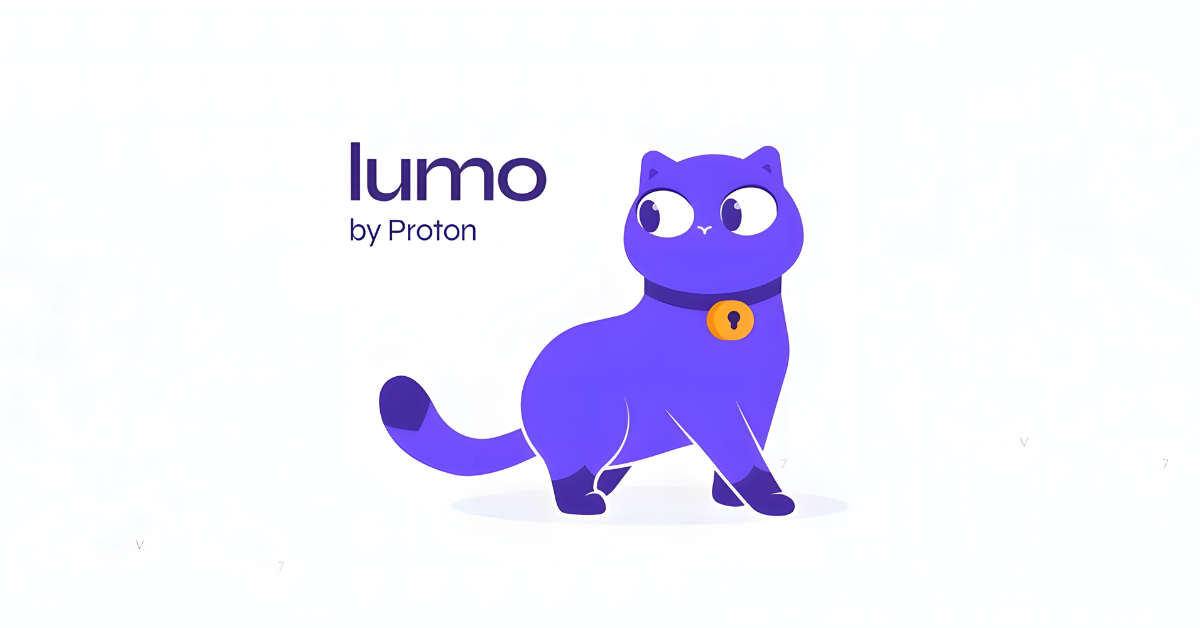A peculiar rivalry is brewing in the tech world. Microsoft, a global titan, finds itself competing directly with OpenAI, the very artificial intelligence firm it has poured nearly $14 billion into.
Corporate customers are now frequently choosing OpenAI’s ChatGPT over Microsoft’s own Copilot, creating an unforeseen and tense showdown for dominance in workplace AI and surprising Microsoft’s own sales force.
A Corporate Shift in Favor
This trend is clear with drugmaker Amgen Inc. Just thirteen months after Microsoft announced a plan to supply Copilot to 20,000 Amgen employees, staff now widely use ChatGPT. Amgen’s Senior Vice President, Sean Bruich, highlighted its superior performance for research and noted that OpenAI made its product “fun to use,” which was a key factor in its adoption.
This preference is not unique to Amgen. At consulting firm Bain & Co., a longtime Microsoft client, approximately 16,000 employees are regular ChatGPT users. In contrast, only about 2,000 utilize Copilot, mostly for tasks within Microsoft programs. Ramesh Razdan, Bain’s Chief Technology Officer, acknowledged that while Copilot is getting better, he does not believe “it’s at the same level as ChatGPT.”
Also Read: Apple weighs historic Perplexity AI bid to secure its AI future
Microsoft’s Strategic Hurdles
This development leaves Microsoft’s salespeople struggling to differentiate Copilot from a more popular rival that is built on the same underlying OpenAI models. The challenge is compounded by update delays; new OpenAI features can take weeks to appear in Microsoft’s software due to internal testing protocols. This lag gives ChatGPT a critical advantage with the newest technology.
Microsoft’s main strategy relies on Copilot’s deep integration with software like Outlook and Teams. For some, like Finastra Group Holdings Ltd., this is a compelling reason, with its Chief AI Officer, Adam Lieberman, calling it the “path of least resistance.”
While Copilot’s $30 monthly price per user has been a selling point against ChatGPT Enterprise’s potential $60 fee, OpenAI is now introducing flexible pricing and discounts that threaten this advantage.
Also Read: Google’s new AI Search in India now answers your most complex questions
The direct competition is fraying the relationship between the two partners. Microsoft is now backing other AI startups, while OpenAI is making deals with rival cloud providers and acquiring companies that compete with Microsoft’s own products.
This evolving landscape has led some firms, such as New York Life Insurance Co., to roll out both tools to its 12,000 employees to evaluate which one performs better. While Microsoft has secured large clients like Barclays and Volkswagen, ChatGPT’s momentum with 3 million paying business users presents a significant challenge.





